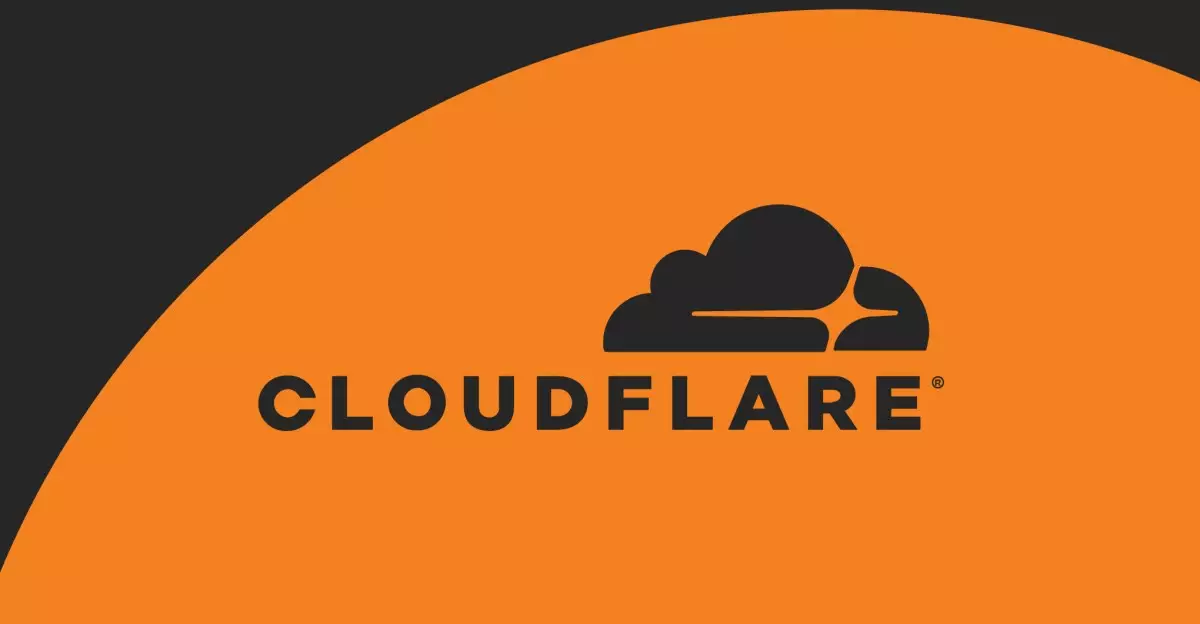The emergence of new policies by prominent internet infrastructure companies signals a transformative shift in how digital content is accessed and monetized. Cloudflare’s decision to implement stricter controls over AI web crawlers exemplifies a growing recognition that content creators and publishers must reclaim sovereignty over their digital assets. In an era where AI algorithms often scrape and utilize vast amounts of data without clear authorization, the move towards default blocking and optional paid permissions represents an assertive step toward balancing innovation with fairness. This initiative underscores the idea that data is not just technology’s raw material but a valuable asset deserving of respect, rights, and, where appropriate, compensation.
This policy change challenges the unchecked dominance of AI crawlers, which historically accessed content either passively or without explicit consent. By creating mechanisms that permit publishers to specify terms—either through blocking or introducing a “Pay Per Crawl” fee—Cloudflare empowers content owners to monetize their investments in original work. Such measures demonstrate a shift from the traditional open web model, where accessibility often overshadowed rights, to a more rights-conscious approach. This evolution suggests a future where ownership rights are respected, and creators are supported to sustain high-quality content production in a digital ecosystem increasingly influenced by AI.
The Power Dynamics Between Content Creators and AI Companies
The move towards paid access for AI crawlers illuminates the broader power imbalance in the digital content economy. AI companies, eager to train models and provide search functionalities, have historically relied on scraping publicly available data—often without explicit permissions or compensation. Cloudflare’s policy introduces a pathway for publishers to set terms, including a “Pay Per Crawl” fee, which shifts some control back toward the content owners. This model not only recognizes the value of original content but also offers a blueprint for sustainable monetization in the age of AI.
By selectively allowing certain AI companies to crawl their sites under agreed terms, publishers can better regulate who benefits from their work. This system promotes transparency, encouraging AI firms to seek permission intentionally rather than relying on mass scraping, which can devalue original content and undermine content creators’ efforts. Such a framework effectively redefines the relationship between AI companies and content providers, fostering a more symbiotic environment rooted in mutual respect and recognition of value.
In a broader context, this initiative also challenges the idea that information on the internet must be freely accessible without repercussions. It asserts that the rights of content creators should be prioritized, and that technology firms—particularly those deploying AI—must adopt responsible data practices. The hope is that paid access, coupled with verification and purpose clarity, will curb unauthorized scraping and promote responsible AI development aligned with ethical standards.
Implications for the Future of the Internet and Society
Implementing default blocks for known AI bots is more than a technical adjustment—it’s a philosophical stance. It signals an acknowledgment that the internet’s vast repository of original content is a shared cultural good that requires guarding against exploitation. As Cloudflare’s initiatives gain momentum, a new narrative emerges: that the internet should be a place where rights are protected, and creators are rewarded for their intellectual labor.
This approach could set a precedent for other infrastructure providers and digital platforms to adopt similar policies, resulting in a more balanced and sustainable internet economy. It also encourages AI companies to develop more transparent, ethical methodologies—such as clear purpose declarations and fair compensation systems—that respect the integrity of original content. Such developments have the potential to reshape societal expectations, fostering an internet environment where content creators can thrive alongside technological innovation, rather than being steamrolled in its wake.
In essence, this paradigm shift prompts society to reconsider the value of original digital work and the importance of safeguarding it against ever-present AI-driven threats. It advocates for a future where innovation does not come at the expense of creators’ rights, ultimately fostering a more equitable and respectful digital universe.

